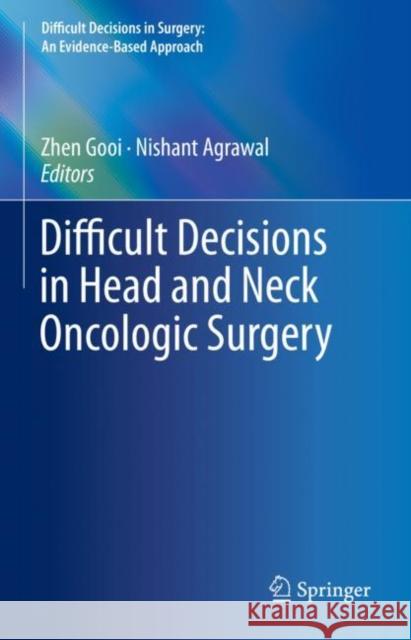Difficult Decisions in Head and Neck Oncologic Surgery » książka
topmenu
Difficult Decisions in Head and Neck Oncologic Surgery
ISBN-13: 9783030151225 / Angielski / Twarda / 2019 / 387 str.
Difficult Decisions in Head and Neck Oncologic Surgery
ISBN-13: 9783030151225 / Angielski / Twarda / 2019 / 387 str.
cena 805,10
(netto: 766,76 VAT: 5%)
Najniższa cena z 30 dni: 771,08
(netto: 766,76 VAT: 5%)
Najniższa cena z 30 dni: 771,08
Termin realizacji zamówienia:
ok. 16-18 dni roboczych.
ok. 16-18 dni roboczych.
Darmowa dostawa!
Kategorie BISAC:
Wydawca:
Springer
Seria wydawnicza:
Język:
Angielski
ISBN-13:
9783030151225
Rok wydania:
2019
Wydanie:
2019
Ilość stron:
387
Oprawa:
Twarda
Wolumenów:
01











